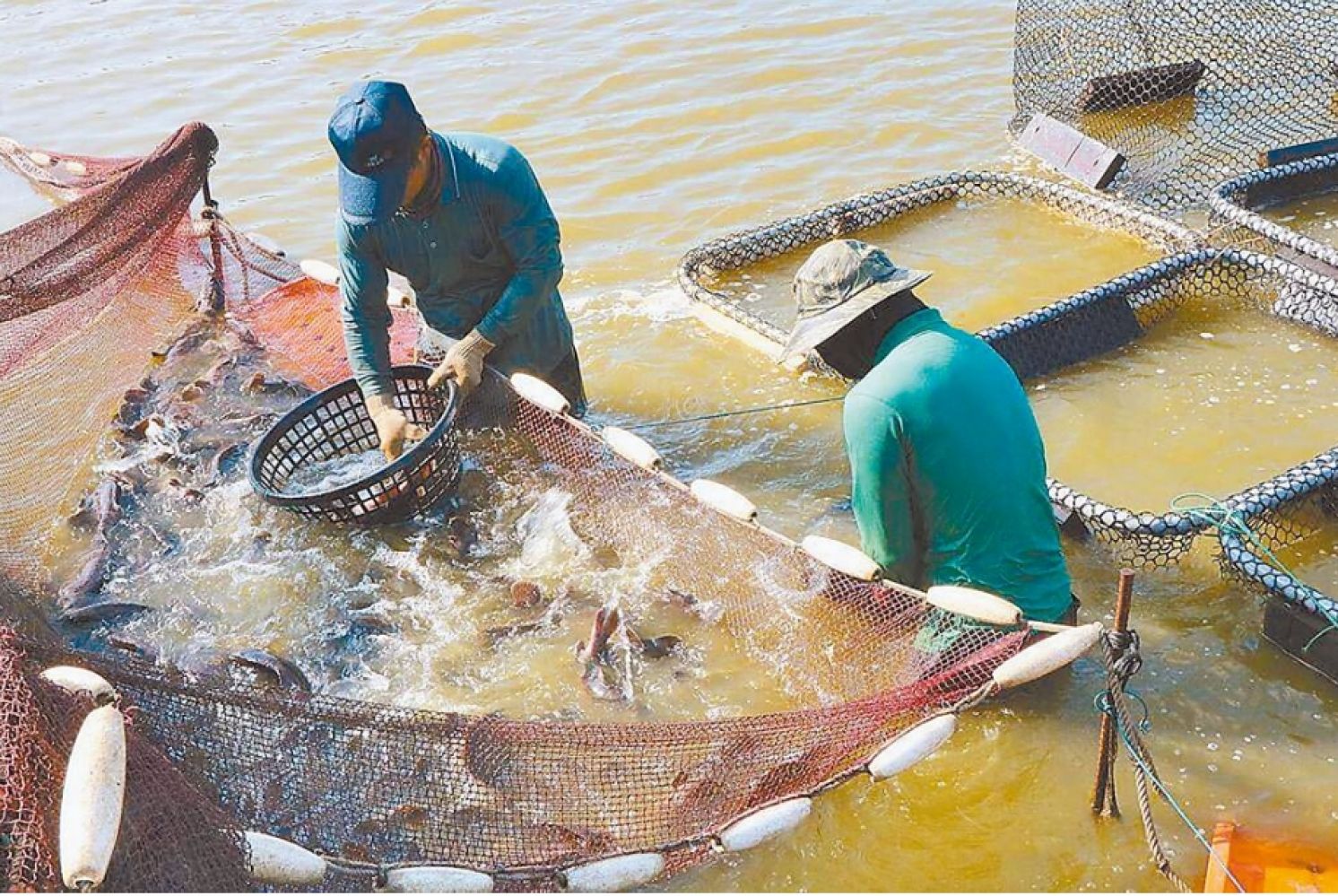
The "Grouper Incident" Alarm that Benefits Not a Given
By Chao Chun-shan
China Times, June 16, 2022
Following its ban on Taiwanese pineapples, wax apples, and sugar apples, Communist China recently announced a ban on Taiwanese groupers due to claims of residual additives.
After hearing the news, President Tsai Ing-wen immediately expressed a stern condemnation, alleging that China has again violated international trade regulations, which does not help trade exchanges between the two sides of the strait in any way, and actually hurts cross-strait relations, and Taiwan will not rule out making an appeal to the World Trade Organization (WTO). In my view, the other side of the strait is using this grouper incident to send out a warning signal, and in addition to a "legal war", Taiwan must also prepare itself for an "economic war."
The economy has always been an important tool when it comes to foreign policy. In the Cold War era, the United States, according to its own interests and gain, used “most favored nation” status to reward or punish various eastern European countries. This differentiation strategy adopted by the United States once led to the division of the socialist camp, which eventually disintegrated.
Mainland China’s previous promotion of the “three openings, four exchanges” across the Taiwan Strait also had obvious political purposes behind it. Beijing hopes that cross-strait economic exchanges will contribute to the modernization of the mainland and serve the goal of achieving cross-strait reunification. In order to "put more hope on the people of Taiwan," Beijing treated all equally, and used a "non-differentiation" strategy in order to "give benefits" to Taiwan. In recent years, under the policy of "anti-independence and promoting reunification", Beijing has differentiated the people of Taiwan with the mainland, and adopted a strategy of "differential treatment" to selectively "give benefits" to Taiwan.
Groupers have been included in the early acceptance list of the Economic Cooperation Framework Agreement (ECFA). The technical issue of the so-called "drug residues" can actually be resolved through negotiations between the competent authorities of both parties. In this regard, Taiwan has tried to contact the other side of the strait, but have gotten no response. This has become a normal occurrence since the Democratic Progressive Party (DPP) in Taiwan has been in power.
In any case, before the 20th National Party Congress of the Communist Party and local elections in Taiwan at the end of the year, the grouper ban will be implemented, which will inevitably cause confusion, because this is very different from Xi Jinping's concept of "integrated development," and it will also give some Taiwanese the opportunity to manipulate "anti-China, protect Taiwan" card in the coming election. Could it be that the other side of the strait has deliberately turned a blind eye and decided to choose another strategy, and that is, no longer caring about the interests and thoughts of Taiwan?
Of course, the other side of the strait will not consider the issue from Taiwan's perspective. In my opinion, Communist China has gradually become impatient with Western discussions of a war across the Taiwan Strait since the outbreak of the Russian-Ukrainian war. But, generally, Beijing will still implement a both “firm and soft” policy towards Taiwan.
Mainland China’s Minister of National Defense Wei Fenghe put forward the statement of “not ruling out war" in the "Shangri-La Dialogue", which will likely make Taiwan realize that the Chinese Communist Party's determination to "control independence by force" is unquestionable. The grouper incident can also show Taiwan that under circumstances where the two are hostile towards one another, it is unrealistic to think that the mainland will release more "peaceful offerings" in order to "promote reunification with peace."
There is a general mentality of "emphasizing the firm over the soft" within the DPP. Some regard war as child's play, and even put forward statements like "missiles can hit Beijing". On the other hand, many even see Taiwan’s long term upper hand in economic exchanges between the two sides of the strait as a given, and have forgotten that nothing comes for free.
Generally speaking, as a tool for foreign policy, military threats can be more felt more obviously, but the lethality caused by economic sanctions can achieve goals that even force cannot achieve. If the economy has become mainland China’s means to put "extreme pressure" on Taiwan, what kind of help can the United States provide Taiwan at this time besides arms sales? This is a question that all Taiwanese that advocate a "pro-American" stance should answer.
The author is professor emeritus at the Graduate Institute of China Studies, Tamkang University.
From: https://www.chinatimes.com/newspapers/20220616000470-260109?chdtv